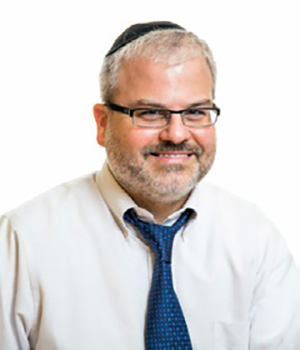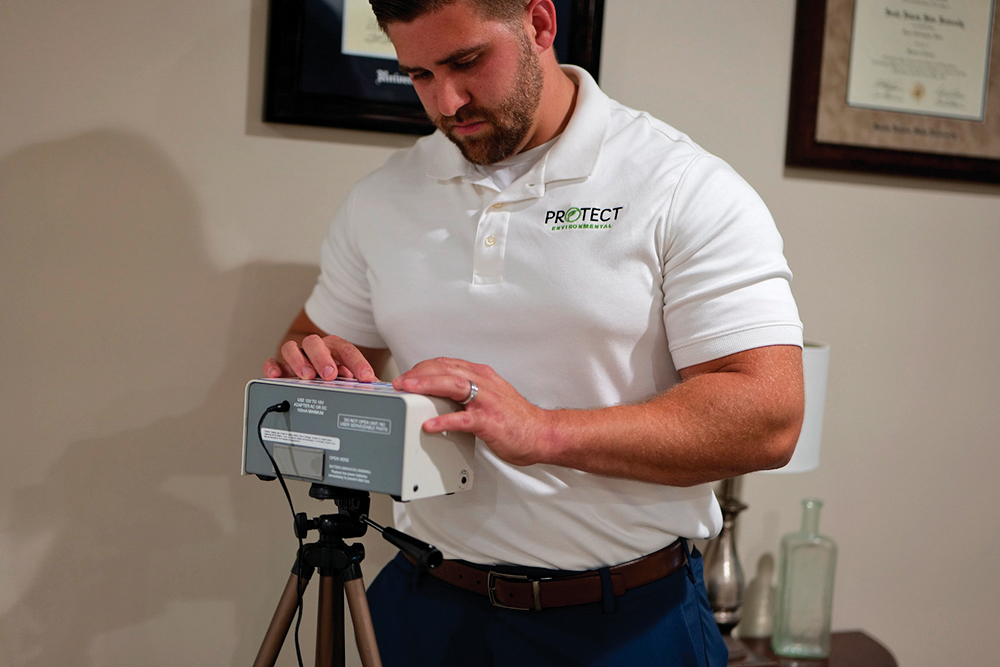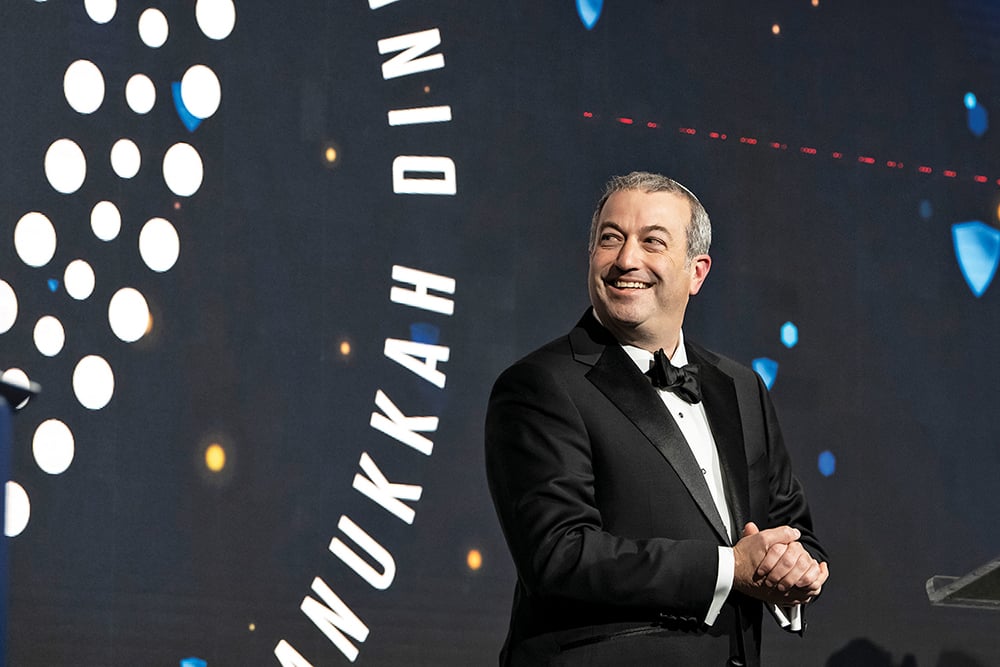

Last week was May 4, popularly known as Star Wars Day, a clever pun on the iconic tagline “May the Force Be With You,” which on May 4 is transformed to “May the Fourth Be With You.” In my home, Star Wars Day is a special occasion. My younger daughters awoke in the morning wishing me a Happy Star Wars Day, I put on my Yoda tie (my kids bought it for me together with Darth Vader and Kylo Ren ties—best birthday present ever) and at night I caught up on some of the classic Star Wars moments.
One of the most powerful reasons for the continued resonance of Star Wars is its main protagonist, Darth Vader, perhaps the greatest villain in modern cinema.
Darth Vader is no ordinary villain. He began his career as a Jedi knight, the guardians of peace and justice in the galaxy, and was seduced by the dark side of “The Force,” transforming into the heinous Darth Vader, a sequence dramatized by the otherwise forgettable prequels. We gradually learn during the original trilogy that Darth Vader **spoiler alert if you have been living in a hole since 1980** was originally named Anakin Skywalker and is the father of the great hero of the trilogy, Luke. After Anakin descended into evil, he changed his name to Darth Vader and was horribly disfigured in a battle against his master, Obi-Wan Kenobi, resulting in his need to wear black armor and a mask as a life-support system, completely hiding his human form.
What makes Star Wars special is its insight into the basic human condition. We all wear masks. We all hide our true selves, our Tzelem Elokim, our Godly spirit, behind an often artificial exterior. Rav Dessler in “Strive for Truth” expresses this as an iron wall separating our holy spark from our ego, our outer selves. The character of Darth Vader is a dramatic illustration of this reality.
How can we break through our masks to reveal our Godly souls? The Talmud in Chagiga 15a tells the story of Elisha Ben Abuyah, a great sage, one of the authors of the Mishna, who was led astray, turning to a life of evil and changing his name to Acher, literally “the other.” Elisha’s star student, Rav Meir, one of the most prolific authors of the Mishna, once saw his former teacher riding a horse on the Sabbath, an act prohibited on this holy day. Rav Meir walked with his teacher, now the evil Acher, as they were together engrossed in a Torah discussion. When they reached outside of the city limits, Acher told Elisha that he had to turn back since they were approaching the techum, the boundary past which an observant Jew cannot walk on the Sabbath. Elisha turned to his teacher and said, “You, too, return,” encouraging the sage to repent and become once again the great Elisha Ben Abuyah. Acher responded that he could not do teshuva since he once heard a heavenly voice quote the verse in Jeremiah, “‘Return, rebellious children’—except for Acher”; everyone could repent except for the evil Acher.
This message is one that becomes ever more apparent when watching the saga of Darth Vader in the original trilogy.
Luke Skywalker, Anakin’s son, always believed that his father still had good in him, telling this to his mentor, Obi-Wan.
Luke: There is still good in him.
Obi-Wan: He’s more machine now than man. Twisted and evil.
Obi-Wan’s response is striking, saying that he is now more machine than man. As long as Anakin is no longer human, as long as he is Darth Vader, the monstrosity of man and machine, he can never return to good.
However, Luke senses the essence within his once-great father. In the climax of the film, Darth Vader saves his son’s life. Vader’s dying wish is to take off his helmet to see his son with his own eyes. He no longer wishes to view life through the eyes of Darth Vader. He wishes to once again express himself as Anakin Skywalker, the great Jedi Knight.
My hope is that each of us can aspire to remove the masks blocking us from reaching our Divine soul so we can view the world through the eyes of our true selves.
By Rabbi Tzvi Pittinsky
Rabbi Tzvi Pittinsky is the director of educational technology at The Frisch School.













